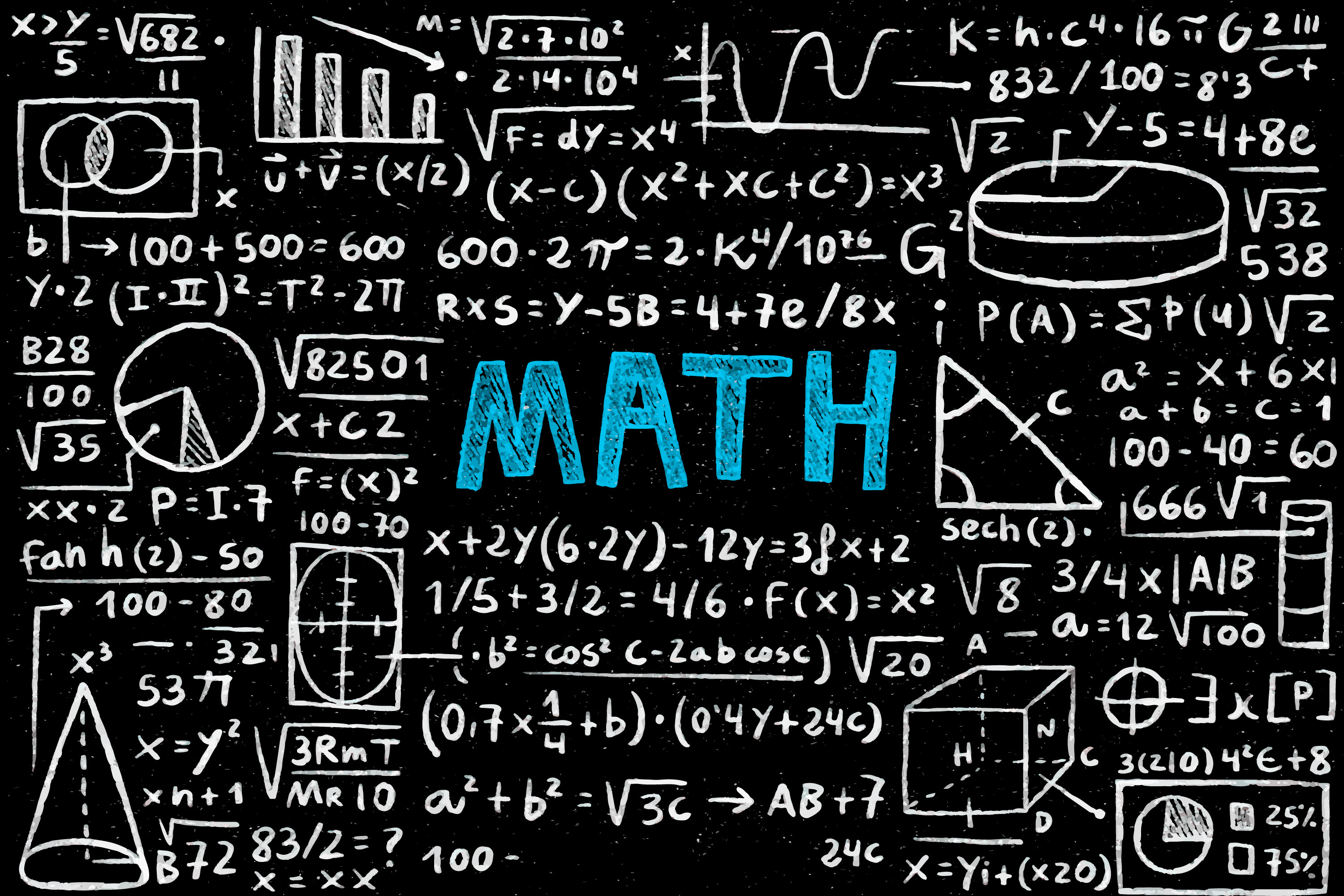Course Outline: Mathematics for Data Science
- To introduce the mathematical principles required to understand concepts in Data Science
- To build the intuition behind the working of Machine Learning Algorithms
Course Description
Mathematics forms the basis of almost all the Machine Learning algorithms. Without math, there is no Machine Learning. Machine Learning uses mathematical implementation of the algorithms and without understanding the math behind it is like driving a car without knowing what kind of engine powers it.
You may have studied all these math topics during school or universities and may want to freshen it up. However, many of these topics, you may have studied in a different context without understanding why you were learning them. They may not have been taught intuitively or though you may know majority of the topics, you cannot correlate them with Machine Learning.
This course on Mathematics for Data Science, aims to bridge that gap. By taking this course, students will get up to speed in the mathematics required for Machine Learning and Data Science. The course will go through all the relevant concepts in detail, derive various formulas and equations intuitively.
Duration
- Self Paced Learning: 2 Weeks
Outline
Module 1 Linear Algebra and Statistics
- Scalars
- Vectors
- Matrices
- Tensors
- Matrix Transpose
- Matrix (Dot) Product
- Identity Matrix
- Norms
- Trace
- Special Matrices and Vectors
- Eigen values and Eigen vectors
- Singular value decomposition
- Mean
- Mode
- Median
- Variance
- Standard Deviation
- Descriptive Statistics
- Inferential Statistics
- Estimation
- Hypothesis Testing
- Limitation of Statistics
Module 2 Probability and Information Theory
- Probability Mass Function
- Probability Density Function
- Computing Marginal Probability with the Sum rule
- Conditional Probability
- Independence
- Conditional Independence
- Expectation
- Variance and Covariance
- Bernoulli Distribution
- Gaussian Distribution
- Multivariate Gaussian
- More Distributions
- Logistic Sigmoid
- Softplus Function
- ReLU
- Leaky ReLU
- ELU
- Bayes’ Rule
- Information Theory
- Entropy of a Bernoulli Variable
- The KL Divergence is Asymmetric
- MLE and Kullback Matching
- MAP Estimation
- Entropy and Mutual Information
Note: Practice Jupyter Notebook shall be provided for practice with each module

